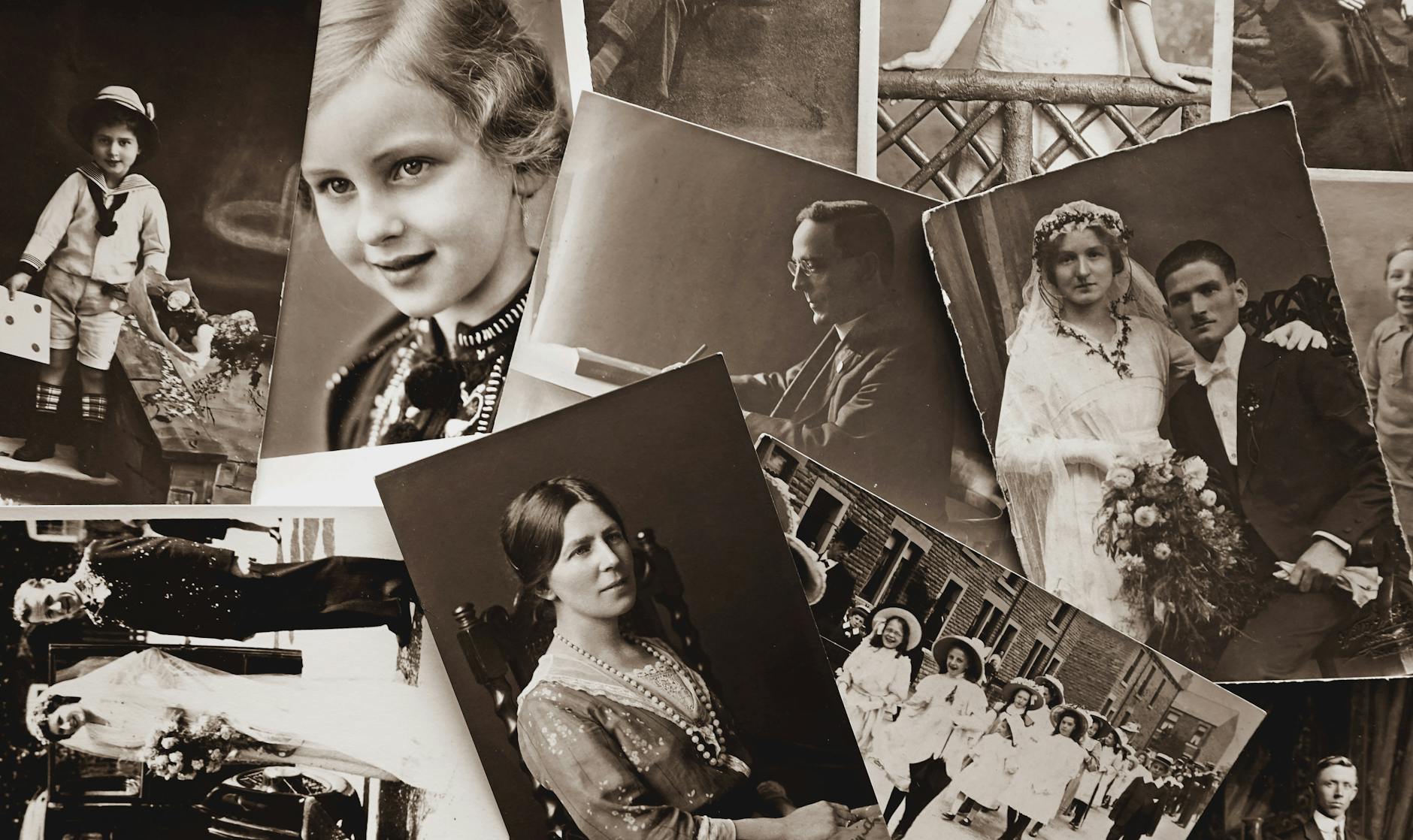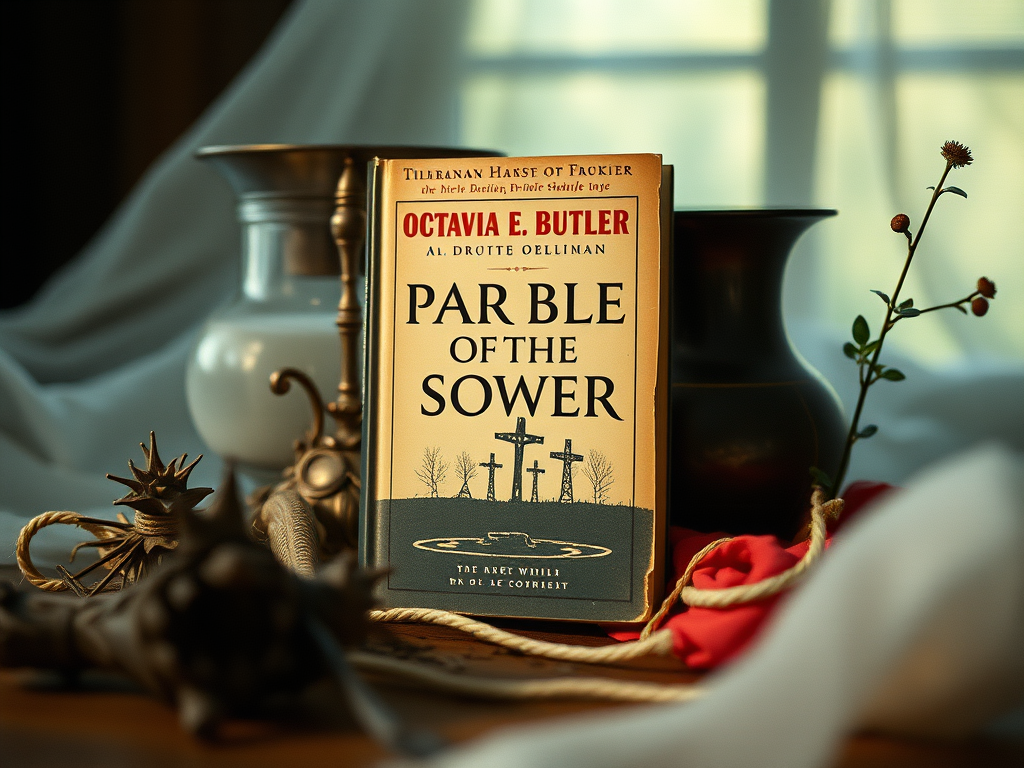
Eric Arthur Blair, more widely known by his pen name: George Orwell was born in1903, in Motihari, India. Leaving a huge mark in this world as a British writer, essayist, and journalist. Beyond his profound influence in the literary realm, Orwell’s impact resonates deeply in the political sphere. Recognizing the intersection of his literary prowess and political insight, I felt compelled to pen a piece about one of my favorite writers,
In his early life, George Orwell spent a lot of time in India, owing to his fahter being a British civil servant. The influence of this experience can be seen in a lot his literary works. For example the book ‘Burmese Days‘ (1934) and the short story ‘Shooting an elephant‘. These narratives reflect the cultural and societal nuances of India, where you can see Orwell’s firsthand exposure to the complexities of the region.
He started writing when he was very young, with anecdotes suggesting that he even wrote a poem when he was just four years old! Remarkably, at eleven he wrote his first literary succes, when a poem of his found its way to a local newspaper. In his later works, called ‘why I write’ he explained his early ambitions for writing: “I had the lonely child’s habit of making up stories and holding conversations with imaginary persons, and I think from the very start my literary ambitions were mixed up with the feeling of being isolated and undervalued.”
I had the lonely child’s habit of making up stories and holding conversations with imaginary persons, and I think from the very start my literary ambitions were mixed up with the feeling of being isolated and undervalued.
Geore Orwell
George Orwell is especially famous for his exploring of the complexities of power, truth, and language. In his novel: “Animal Farm,” Orwell satirizes the Russian Revolution and the Soviet Union, highlighting the corrupting nature of power. In ”Nineteen Eighty-Four“, which is seen as Orwell’s most known book, he presents a chilling vision of a dystopian future where the state exercises absolute control, introducing concepts such as Big Brother and the famous quote:”Who controls the past controls the future; who controls the present controls the past.”
Who controls the past controls the future; who controls the present controls the past.
George Orwell
Although,George Orwell is renowned for his impactful contributions to political and dystopian fiction, like Animal farm (1945) and Nineteen Eighty-Four” (1949), he also wrote thought-provoking non-fiction works that showcase his keen observations and critical analysis of society. What I think is a significant non-fiction work by Orwell is “Down and Out in Paris and London“, a semi-autobiographical narrative that explores the lives of the impoverished in both cities. Orwell’s compassionate and immersive storytelling sheds light on the harsh realities of poverty, homelessness, and the struggles of the working class.
In essence, George Orwell’s work is a powerful testament to the importance of honesty, the dangers of uncontrolled power, and the enduring struggle for human dignity. Whether readers engage with his fiction or essays, Orwell’s writings continue to provoke critical thinking and inspire discussions about the nature of society, governance, and the individual in the face of political adversity.







Leave a Reply